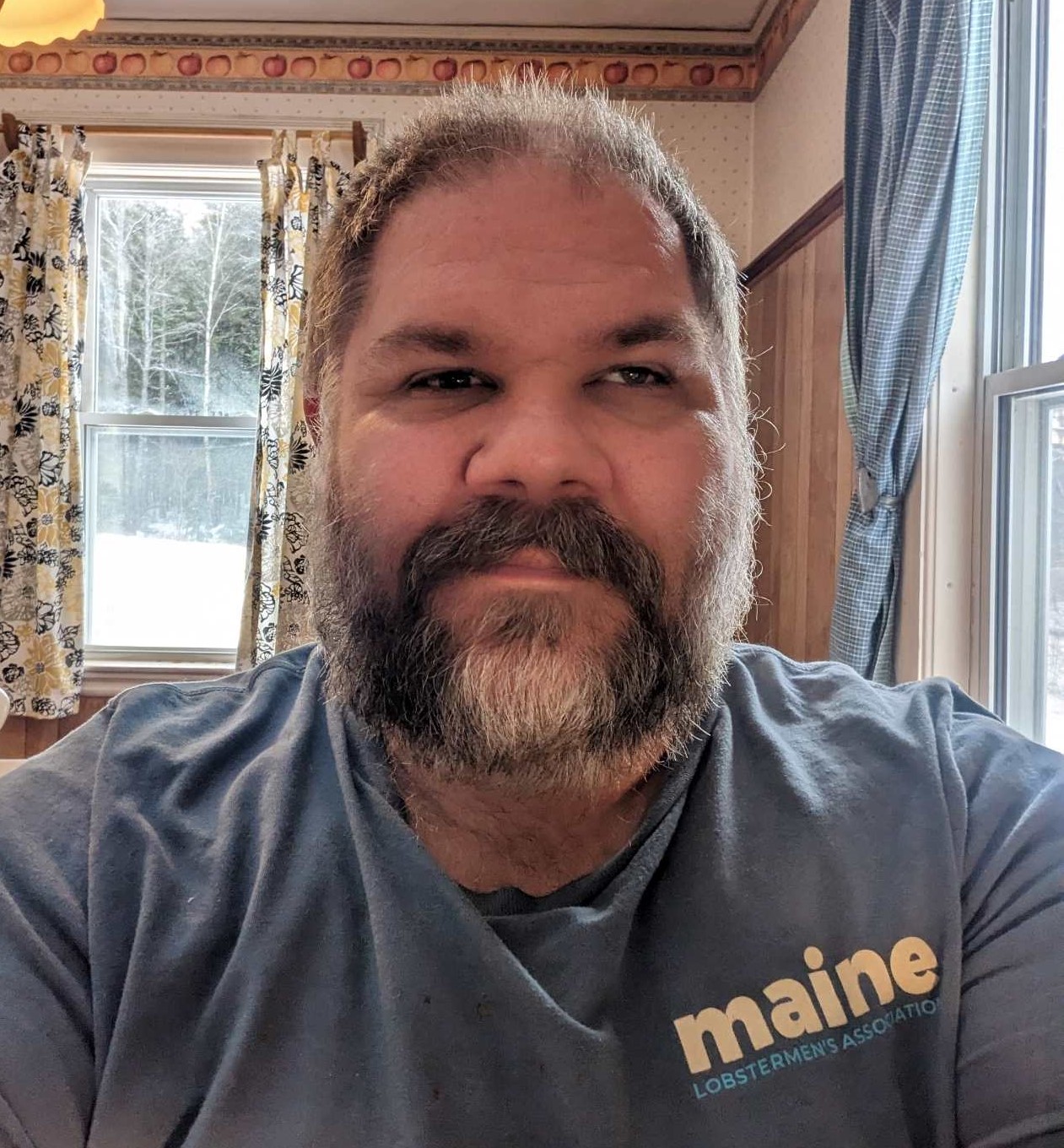
Student Spotlight: Arthur Smallidge
After talking with a faculty member in a different department, Arthur Smallidge quickly identified a problem that needed solving and began working to find that solution. That faculty member “had mentioned a project involving automated irrigation, but there were not any small scale automated irrigation systems currently on the market.” Smallidge explains that there are a few “DIY” kits that require additional equipment and programming, yet no complete small systems are available, “especially for small nurseries, universities, and possibly even a space habitat should we eventually try to live on Mars.”
Smallidge’s project is focused on improving the current small scale automated irrigation systems already available, “specifically the soil moisture sensor and wiring configuration.” The goal of the project is to simplify the wiring while also improving it’s functionality, and also “adding basic ‘intelligence’ and hot swapping features to the sensor itself.”
The support of a faculty mentor is key in successful completion of an academic research or creative activity project. Smallidge says his mentor, Dr. Prabuddha Chakraborty “strongly recommended that I apply for a CUGR research grant, not only because he thought the idea had merits, but that it would help me academically, as well.” He says in a previous course, Dr. Chakraborty would often tell everyone that “it is possible to graduate, even with an undergraduate degree, with a patent.”
Smallidge’s advice to those considering research is to “apply. Apply. Apply.” He says that “potential employers will be pleased to see a research project on a resume. Not only does it demonstrate that one has gone the extra mile in their education, but that they have the ability to work independently as well as collaboratively.” Smallidge thinks there are lots of opportunities “to solve problems, learn and develop personal growth. Why be limited to only coursework, when more can be done?”
